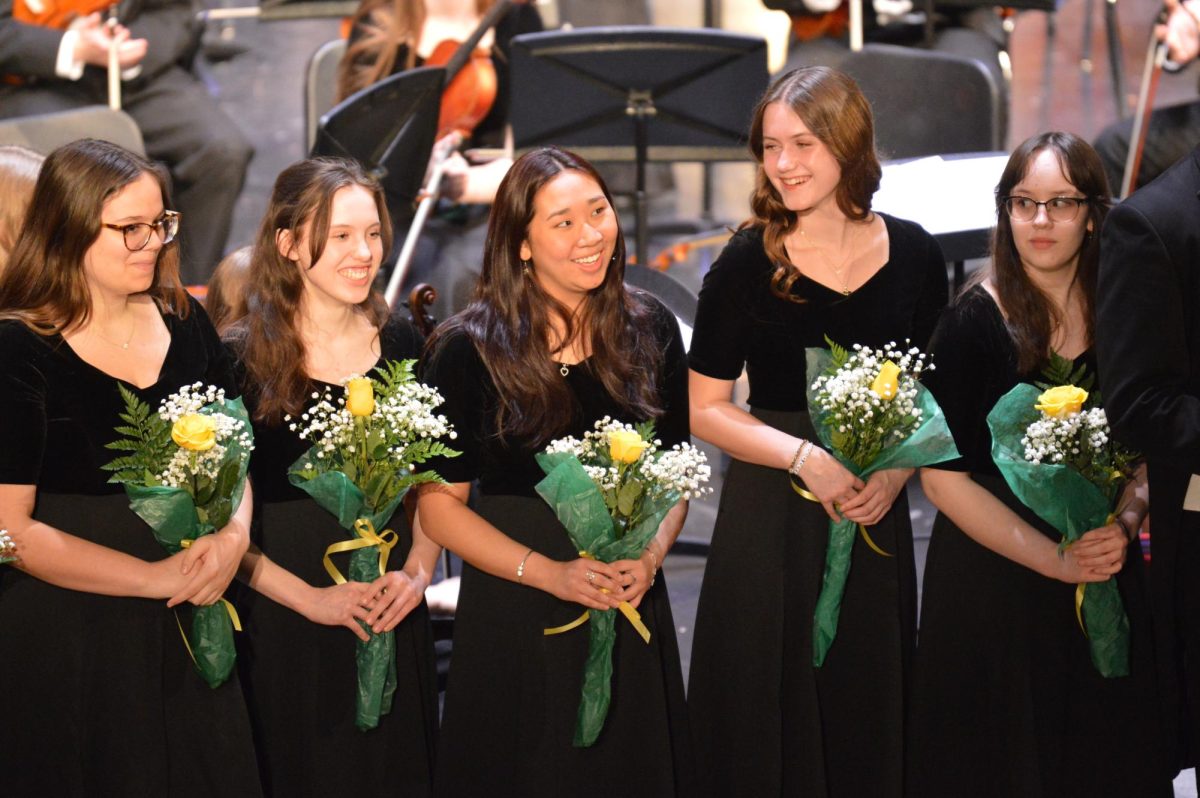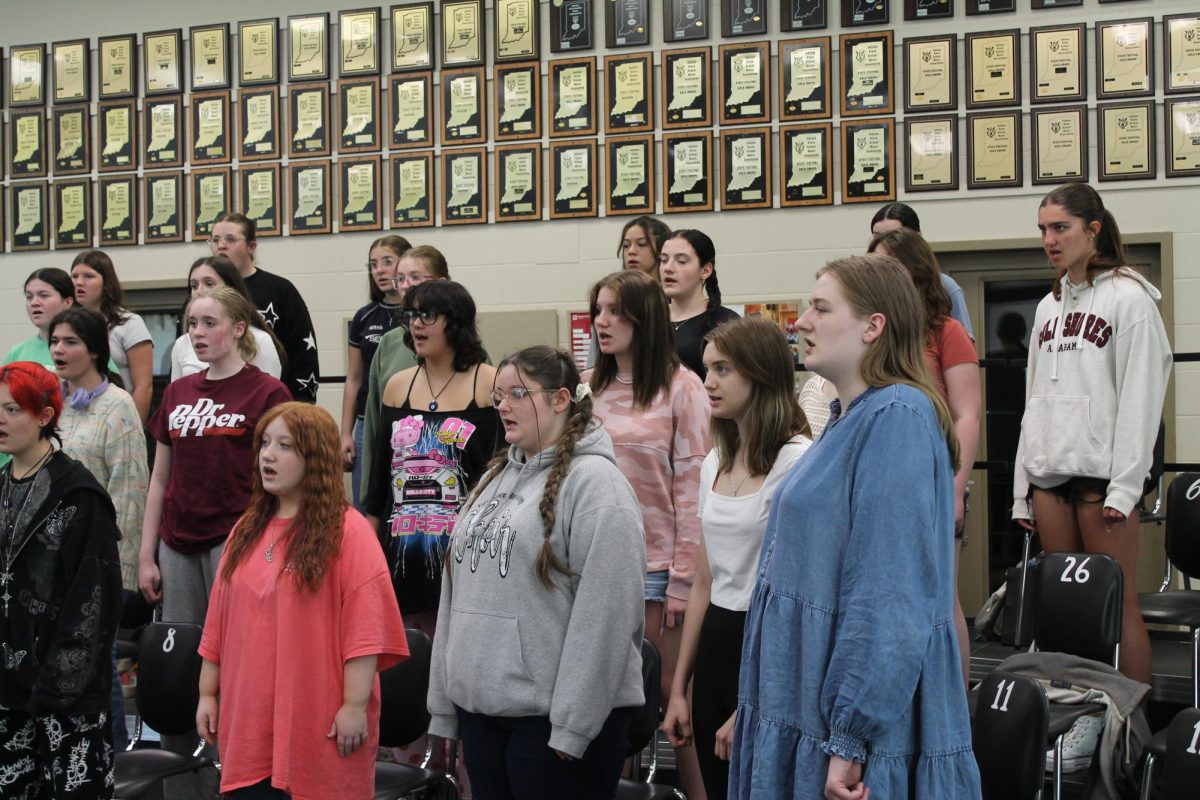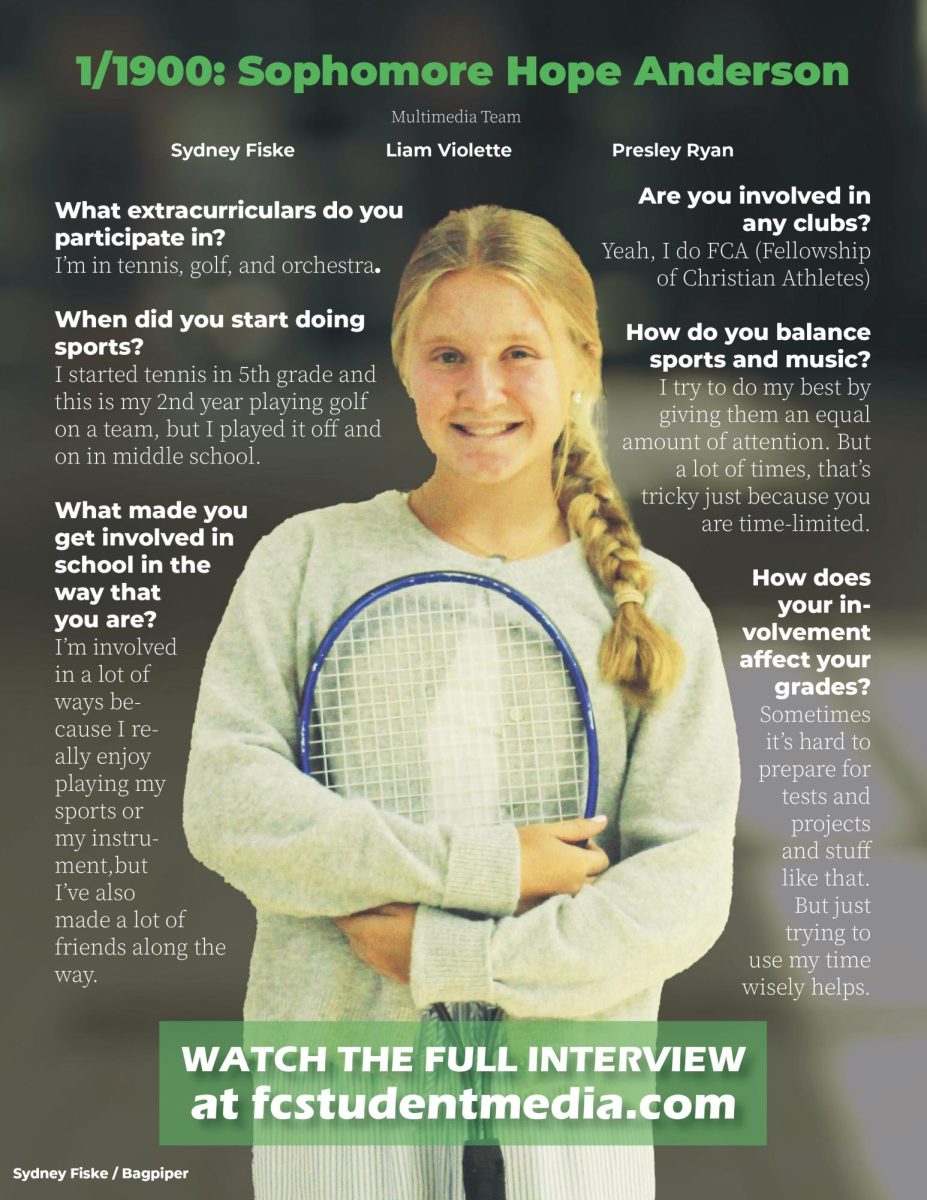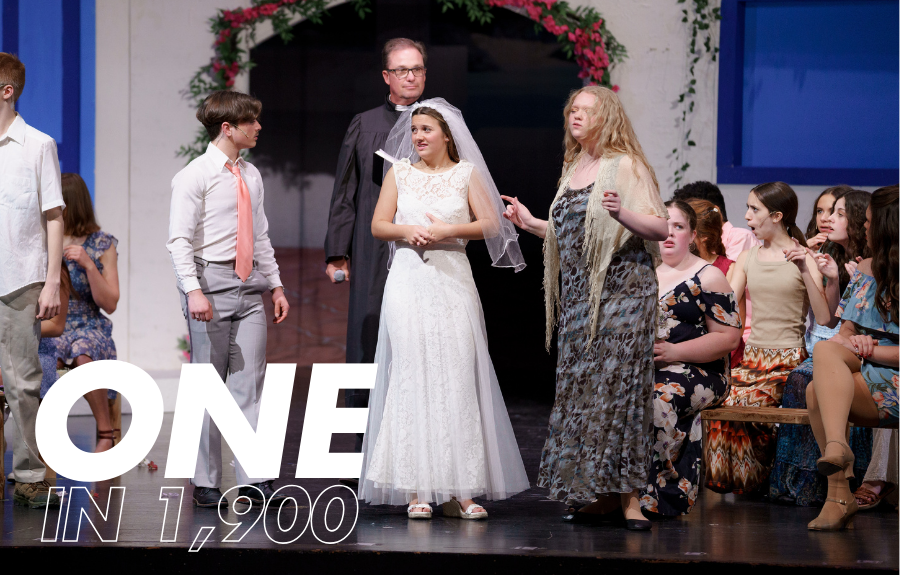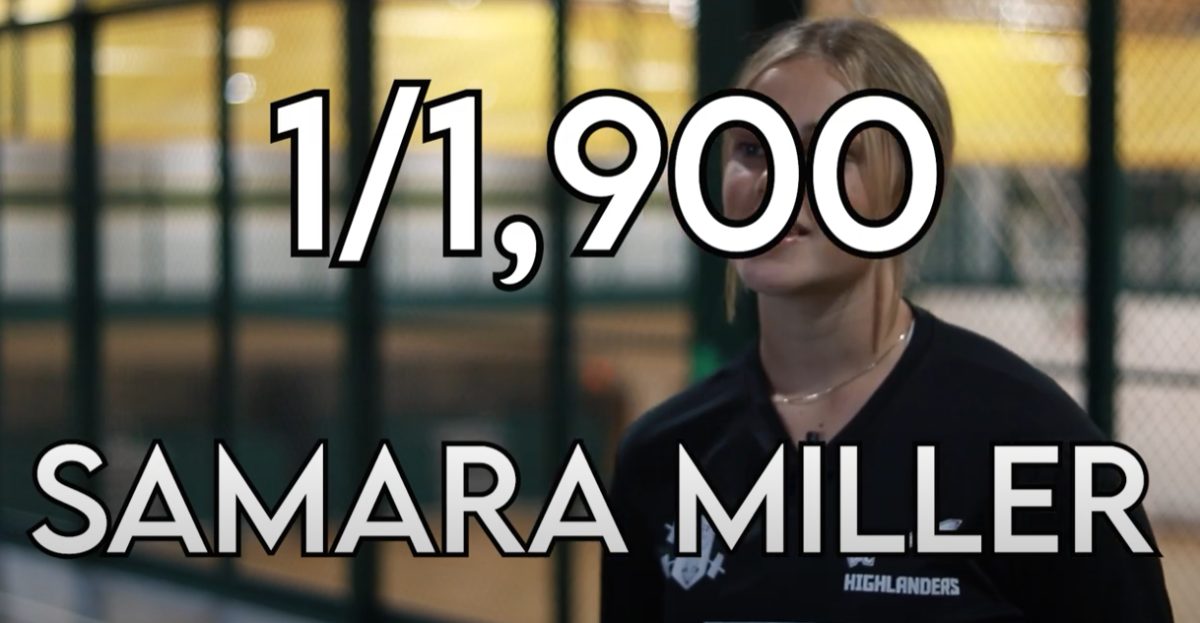When I think of American music, I think of the music that has pervaded my life since I started listening to the radio: pop music. The American style of pop music is synonymous with our culture and lifestyle. It’s on the bus, in the car, in our restaurants, in our homes, and at our dances, and it is clear that the American people love it.
But is pop really that great? Well, I can listen to it and enjoy it, but when it comes to the raw emotion it evokes… it can be lacking. Pop music needs a reformation and a step towards musical maturity.
But how could pop music get better? Well, first, you need to cut out its biggest problem: the Modern Formula. Music has always had a formulaic nature, but in pop music, it is more prevalent than ever. I could turn on any summer song and be subjected to the same three chords over and over again: I, IV, and V. These chords go through natural progressions throughout the song and often just repeat the same pattern over and over again.
Musical variation is obviously not valued in the world of pop music.
As well as the three-chord pattern pop music will often follow the Verse/Chorus format, with the only variations being lyrics. This same pattern can get increasingly tiring and it makes the music frankly boring.
A good way to identify how to eliminate the Modern Formula is to look to the past. Cut to 1840 in Votkinsk, Russia. Tchaikovsky was born, and he was going to make ripples in the musical world. Tchaikovsky was able to make complex melodies and weave different and unique chords together in a way that astounded the average listener. He was a true master of the Romantic style.
He was not just great because of his musical ability but because he could make it simple and easy to listen to music without it having to be formulaic. From concerti to symphonies, he was able to make a musical style that was simple but quintessentially Tchaikovsky.
Now, how does this connect to pop? If we want pop to get better, it needs to be just as interesting and beautiful as Tchaikovsky’s music.
A laissez-faire copy-and-paste format of music makes a listener weary, and the uniqueness of music ceases to exist.
a reader knowledgeable about this subject would have recognized that I have neglected to mention that music of the classical period could be considered just as formulaic as pop music. This is true for composers like Haydn or Stamitz, but according to the book The Story Of Music by Howard Goodall, some of the most masterful and well-known composers of the time like Mozart or Beethoven composed in a style that was often formulaic but unique and emotionally evoking at the same time.
This can barely even be said for Beethoven, whose music was often subject to his inner turmoil and was often complex compared to the music of Mozart but was still nice to listen to in its own right.
Back in the modern day, you can look at examples like Silk Sonic or the artist Kendrick Lamar, who have pushed the boundaries of music in a way that is still enjoyable by using different chord progressions, new sounds, new instruments in their music, or making it just plain fun. They can often follow a formula but they still make it enjoyable.
But take, for example, some of the most popular musicians of the day like Taylor Swift, and you get bucket loads of formulaic slop due to the same sort of music, themes, and ideas found in her lyrics.
By cutting out this modern formula or, alternatively, making music more interesting while loosely abiding by a formula, music can be revolutionized, and every American can enjoy a more interesting musical style.


























